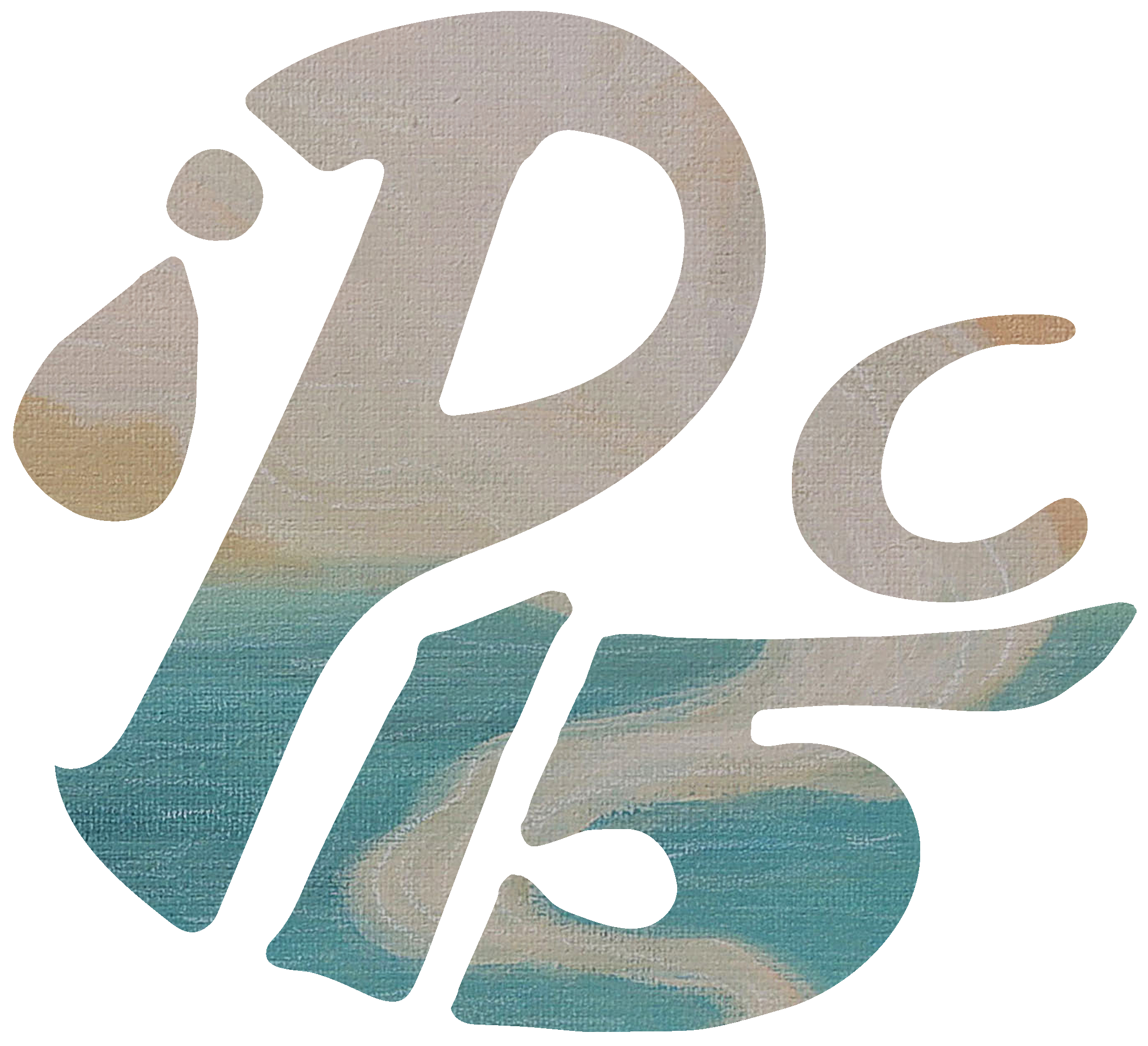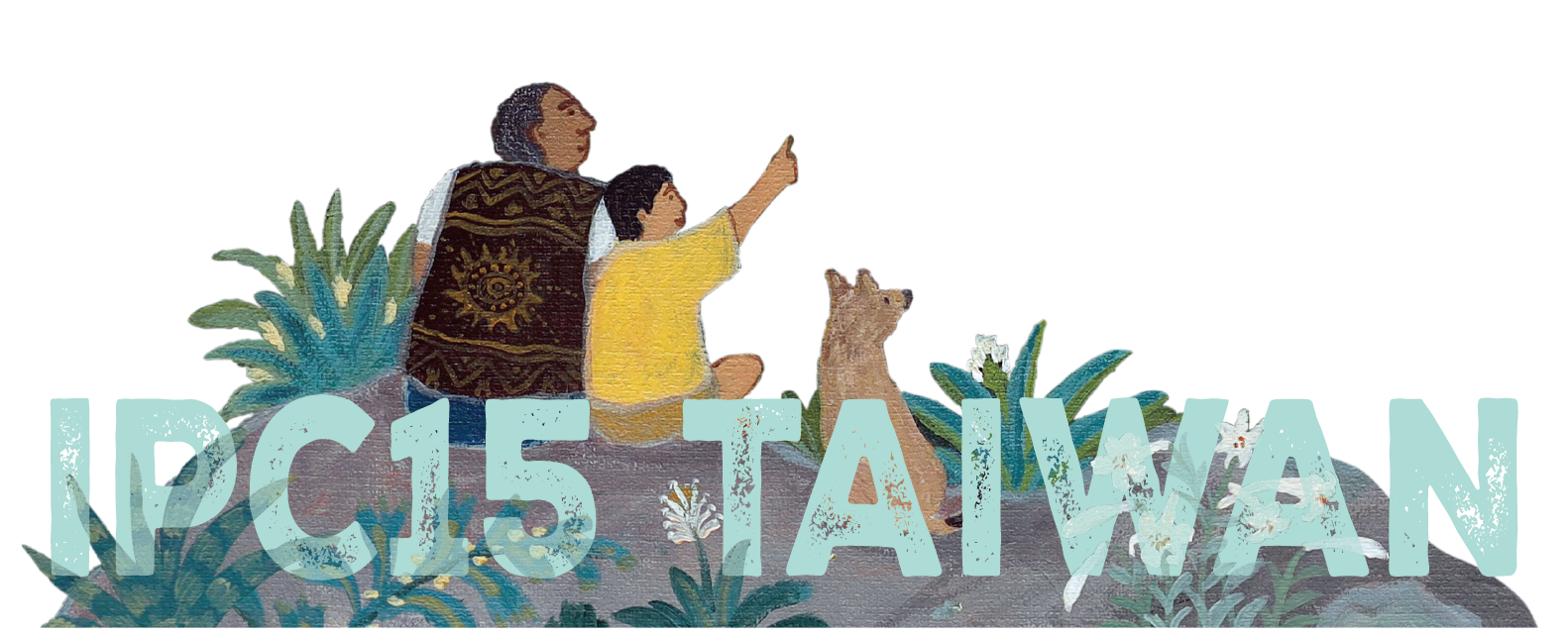
Call for Presentations
As we prepare for this momentous event, we invite passionate individuals like you from around the world to join us as speakers and contributors, to collectively explore the diverse aspects of permaculture and its invaluable contributions to our environment and society.
IPC15 aims to foster collaboration, strengthen connections, and facilitate knowledge sharing within the global permaculture network. This year, we have identified several key themes that will guide our discussions and workshops.
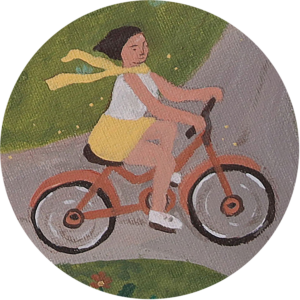
Become A Presenter
Guidelines for applying to present at IPC15
Anyone who intends to be present during the weeklong convergence and is interested in sharing experiences and insights on how permaculture practices can positively impact communities, ecosystems, and sustainable livelihoods. There is also option for online presentation. We will try our best to accommodate online presentations.
Please describe what it is you wish to share, including expertise, lessons learned, and case studies that can foster cross-cultural understanding and inspire others to adopt sustainable practices
Please fill out our online application form before Sep 30, 2024. This will give us time to arrange a schedule for presenters.
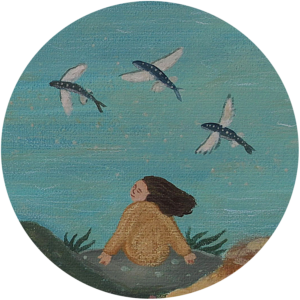
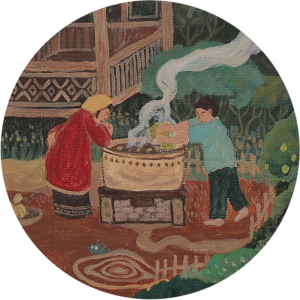
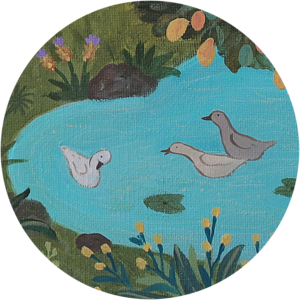
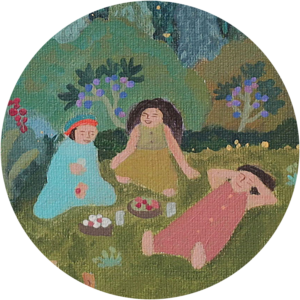
Suggested Topics
The future of Earth is in the hands of the next generations. In the face of overshooting systems and climate mayhem, permaculture design can help young people build resilience in their own lives and communities. By sharing youth actions from various countries, we hope to create connections among younger generations, and inspire each other as we increase our capacity to survive in uncertain times.
The traditional wisdom of humanity that has been passed down for millennia has always been the source of inspiration and the basis of permaculture. Taiwan is located among the East Asian Islands and is also one of the origins of Austronesian culture. Let us take a look at how the encounter between East Asian and Austronesian cultural wisdom and permaculture can be woven to enhance ecological wisdom.
Application of permaculture design principles has become the basis of regenerative land management. Under this theme, we want to highlight examples of how understanding natural patterns is helping people restore damaged landscapes, retain water in the land, replenish soil fertility and increase diversity. Earth stewards worldwide are regenerating landscapes that feed humans and other life.

